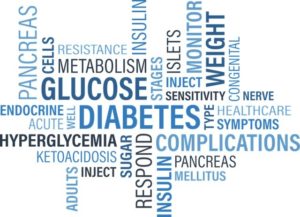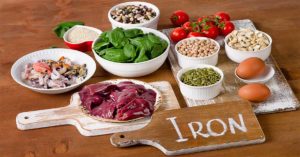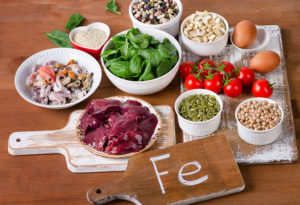Boost Your Diet With Eggs
Eggs are an inexpensive and complete source of protein, containing all the nine essential amino acids. It’s not eggs that increase blood cholesterol levels and arterial plaque (even though they contain almost 300mg of cholesterol ) but the saturated fats and trans fats—in the form of edible oils, margarine and vanaspati— which are used in the making of processed and packaged foods like cookies, biscuits and cakes.
Eggs are also a rich source of antioxidants like lutein and zeaxanthin, which improve the health of the retina and prevent macular degeneration and age-related disorders related to the eyes. At just 77 calories, an egg contains 5g of fat and 6g of protein (according to the World Health Organization, adult men need 65g of protein a day, and women, 55g). In addition, it has 113mg of choline, a high-energy nutrient for the brain. Eggs contain significant amounts of vitamin D, A, E and K, all of which are vital for improving overall immunity and health. Besides, eggs are quick to cook and contribute to satiety, which in turn helps with weight maintenance. Most of the nutrients are contained in the yolk (55 calories) while the egg white (17 calories) is a good source of protein.
Unhealthy cooking methods, however, can spoil the nutritional value. For instance, boiled eggs that have been overcooked have hardened yolks with a blackish greenish tinge. This is because the iron in the yolk combines with the hydrogen sulfide in the egg whites and this makes eggs potentially toxic. And adding cheese and cream or hollandaise sauce alters their overall calorific value.
Cook them the right way
To boil eggs, first clean the eggs thoroughly under running water. Next soak them in water at room temperature if they have been refrigerated; eggs at room temperature cook better. If an egg floats to the top, it means it’s not fresh and best not consumed.
Now immerse the eggs in a saucepan with water and bring to the boil rapidly, then turn down the flame and cook for 5-10 minutes: 5 minutes for a soft yolk and 10 for a fully cooked yolk. Immediately plunge the eggs in cold water to avoid overcooking. If making fried eggs, avoid high cooking temperatures as that can lower the nutritional value.
Raw eggs contain a compound called avidin, which hampers the absorption of biotin, or vitamin B7. So, it is better to have eggs cooked.
Eggs are value for money because, unlike other sources of protein like chicken and meat, the protein derived from them is fully absorbed.
This column was first published on livemint.com




